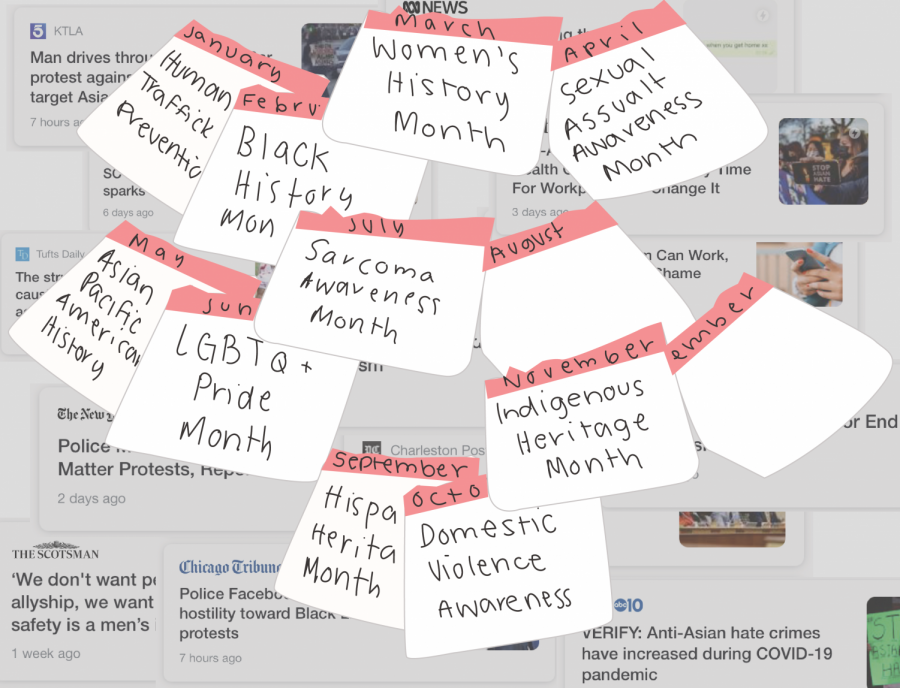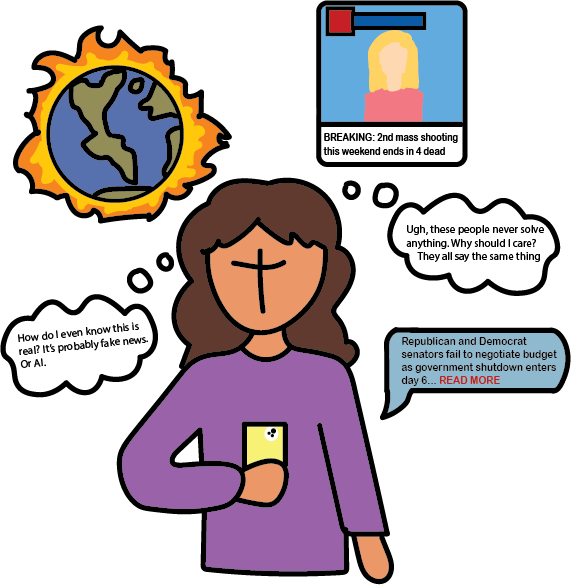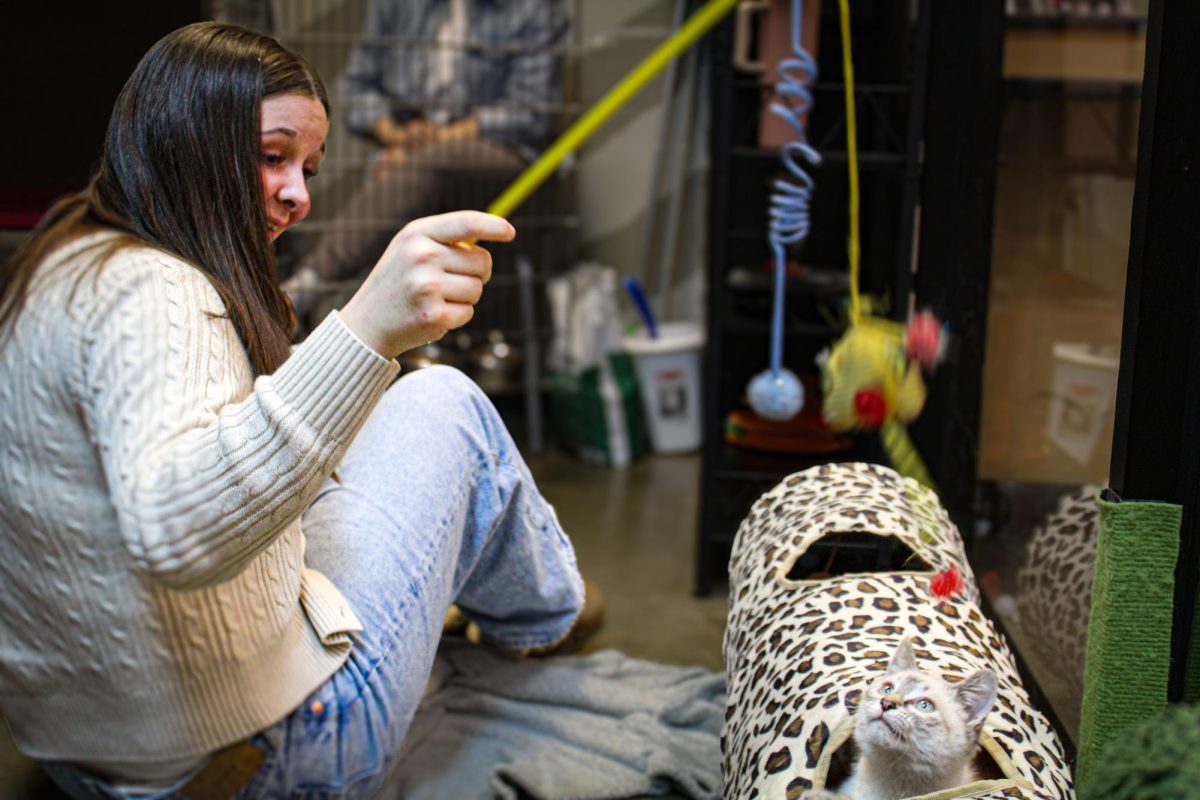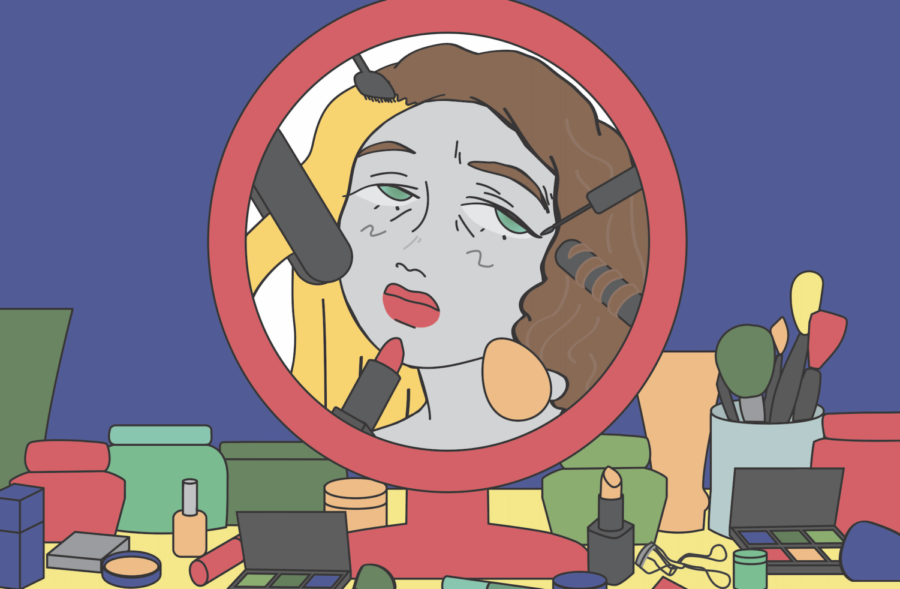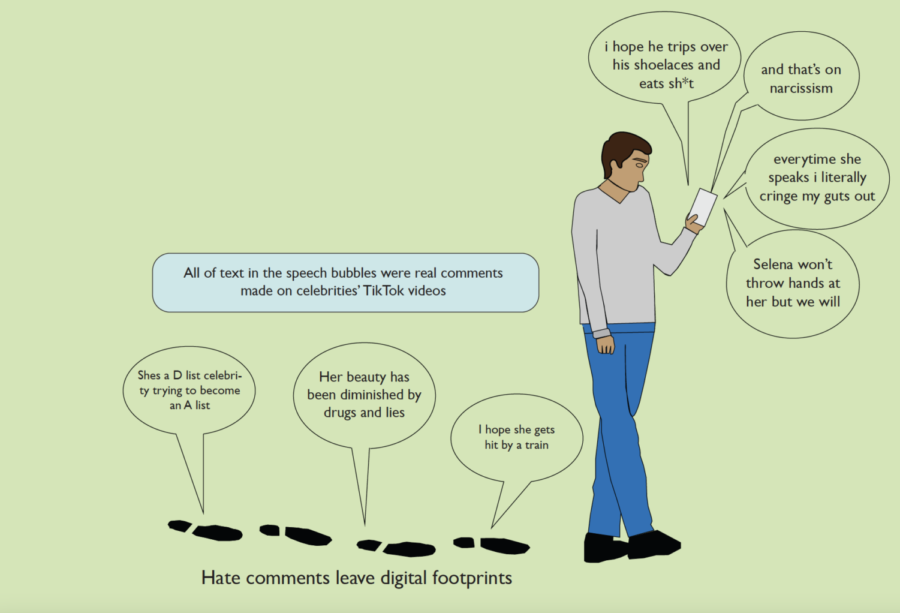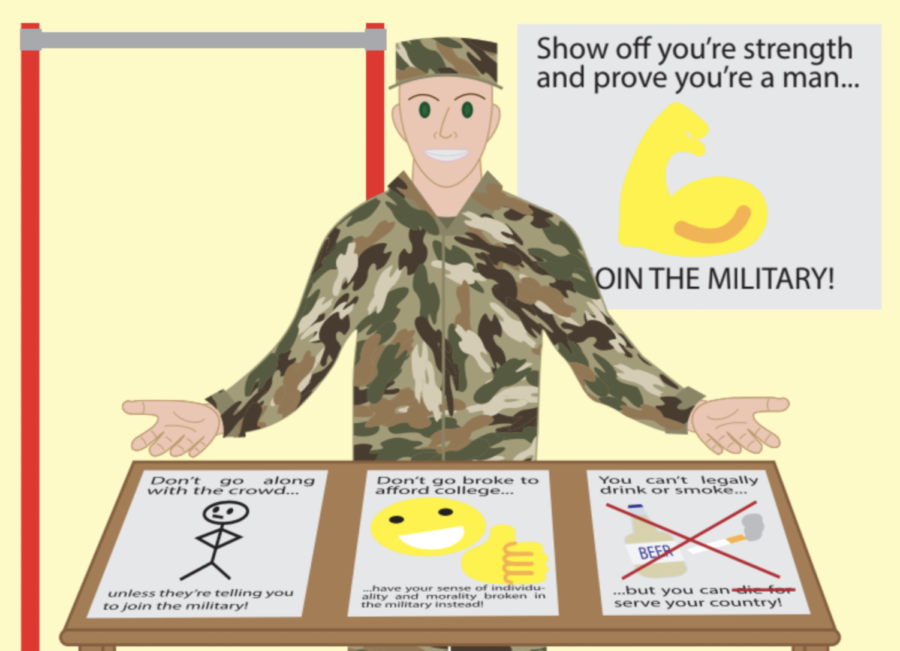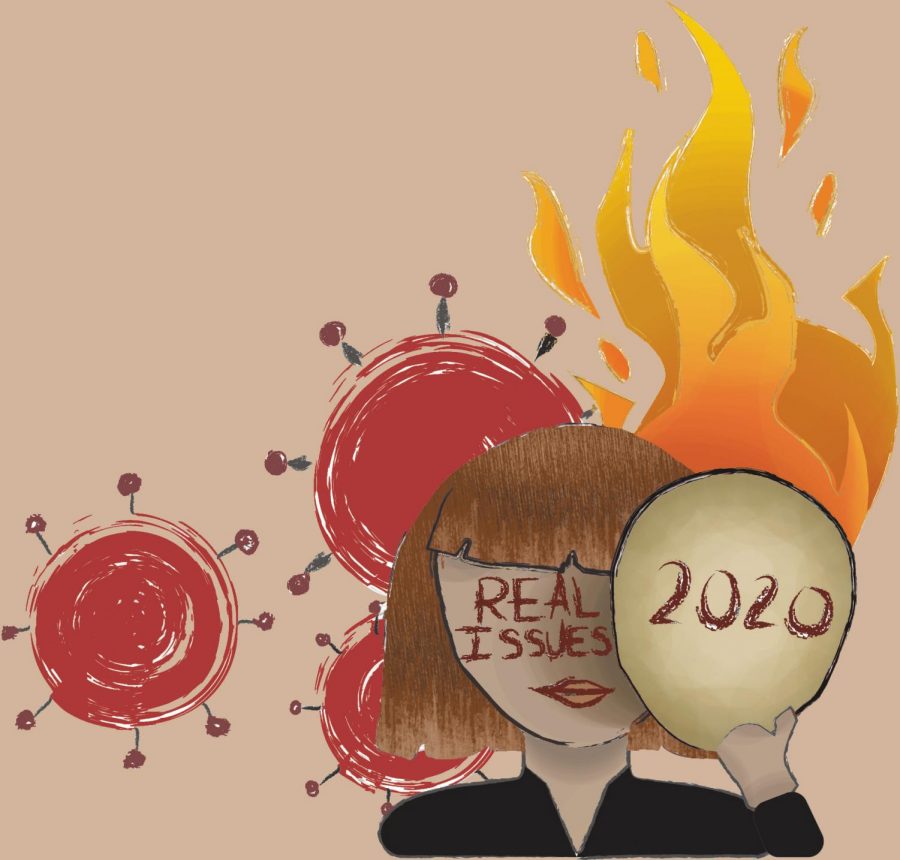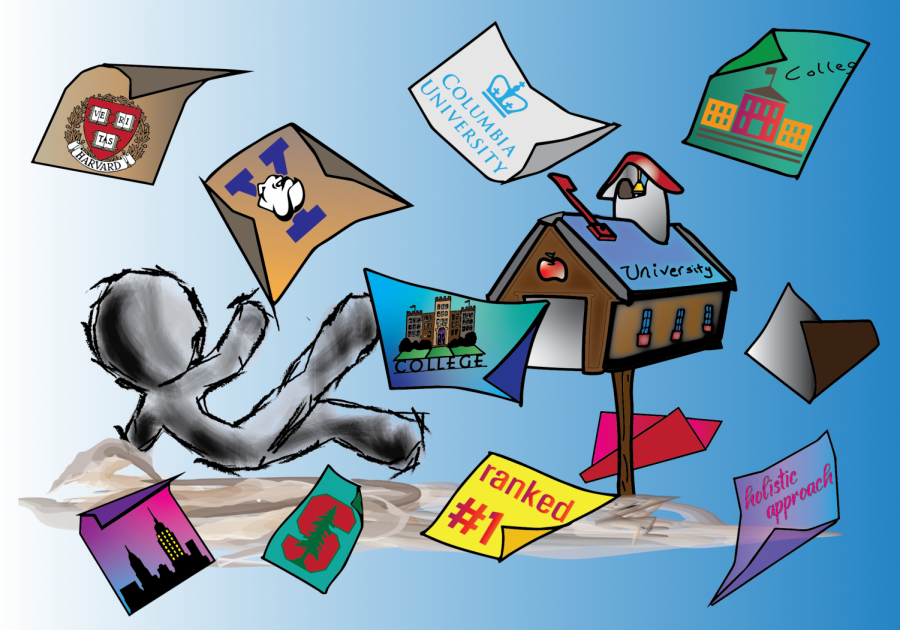History months are a unique celebration of the heritage and identity of marginalized communities. Each and every month is a new celebration and a new platform for these communities to tell their stories and for people outside of these communities to educate themselves on relevant issues. But, when these months end up confining the learning about marginalized communities to only one month out of the year, it becomes problematic. Many people end up forgetting about what they learned during those months and accordingly refrain from making positive changes in their lives and behavior.
While there are many different months bringing light to other minorities, Black History Month in February is easily the most popular and most prevalent. The month gives Black creators and artists a time to talk about and celebrate their heritage and culture in a presumably safe environment. It also provides a space for teachers in schools to teach about Black history and Black scholars. However, every year once February ends, the spreading of this information halts and schools stop teaching those lessons. With the rise of social media, activism towards these issues often appears performative, especially when these months are treated like events.
During every major history month, social media is a platform for corporations and the general public alike to show their support for marginalized communities. However, during history months, many corporations use this time to make a profit. For example, during Pride Month 2018, H&M released a line of Pride clothes as a part of their “Love for All” campaign. The other 11 months of the year, however, these companies often have a direct negative impact on the communities they claim to support — H&M manufactured their Pride clothing line in countries like Bangladesh, where it is illegal to be gay.
H&M — and many other companies like it — take advantage of history months to show their support for marginalized communities. While this corporate support can lead to positive change, this is often not the case. These companies often feel robotic at times, with the same messages being spit out every year. They often provide shallow information and only support the movement to the extent of sending a tweet. For example, on a day where gender identity rights were being discussed, Oreo tweeted “Trans people exist” to show their support. These companies still have massive support from the general public, however, and these statements, no matter how superficial, are celebrated. Teaching youth the correct way to advocate for marginalized communities will help us keep these companies accountable for equal treatment of all people.
Shallow statements come from the general public as well. Social media activism allows for this as there is no accountability for reading through the information that is being spread. The messages and deeper meanings behind the movement are often lost underneath the wave of shallow support for the movement, and it eventually loses power as people become desensitized to certain forms of activism during these history months. Although it appears that people posting about the history months are educating themselves on the issues of marginalized communities, they are likely not willing to make tangible, positive changes in their behavior to reduce the threats that these communities face. Gaining an understanding of effective ways to advocate for oppressed communities through our school systems will guarantee improvements in the treatment such groups face.
Although history months have become misused and the information taught during this time is often not retained, history months do provide a platform to promote marginalized communities, albeit for only one month. They provide an opportunity to talk about these important issues and to get the word out to those who would ignore these problems entirely. They have become a very effective tool in remembering our past and that these issues still exist in our society today. But, in order to ensure that these issues are remembered, it is crucial that information about the history and culture of marginalized communities is discussed on social media and in communities throughout the entire year.
History months are a band-aid towards the goal of ending marginalization in our country. While they may temporarily spotlight an issue in their one month of relevancy, they quickly become forgotten as they wait for their time to come around again. In this country, there is a lot to celebrate but also a lot to learn about treating all people equally. Teaching about these communities in a respectful manner and creating genuine year-round discussions around these issues on platforms like social media can turn us into more respectful and knowledgeable citizens.



